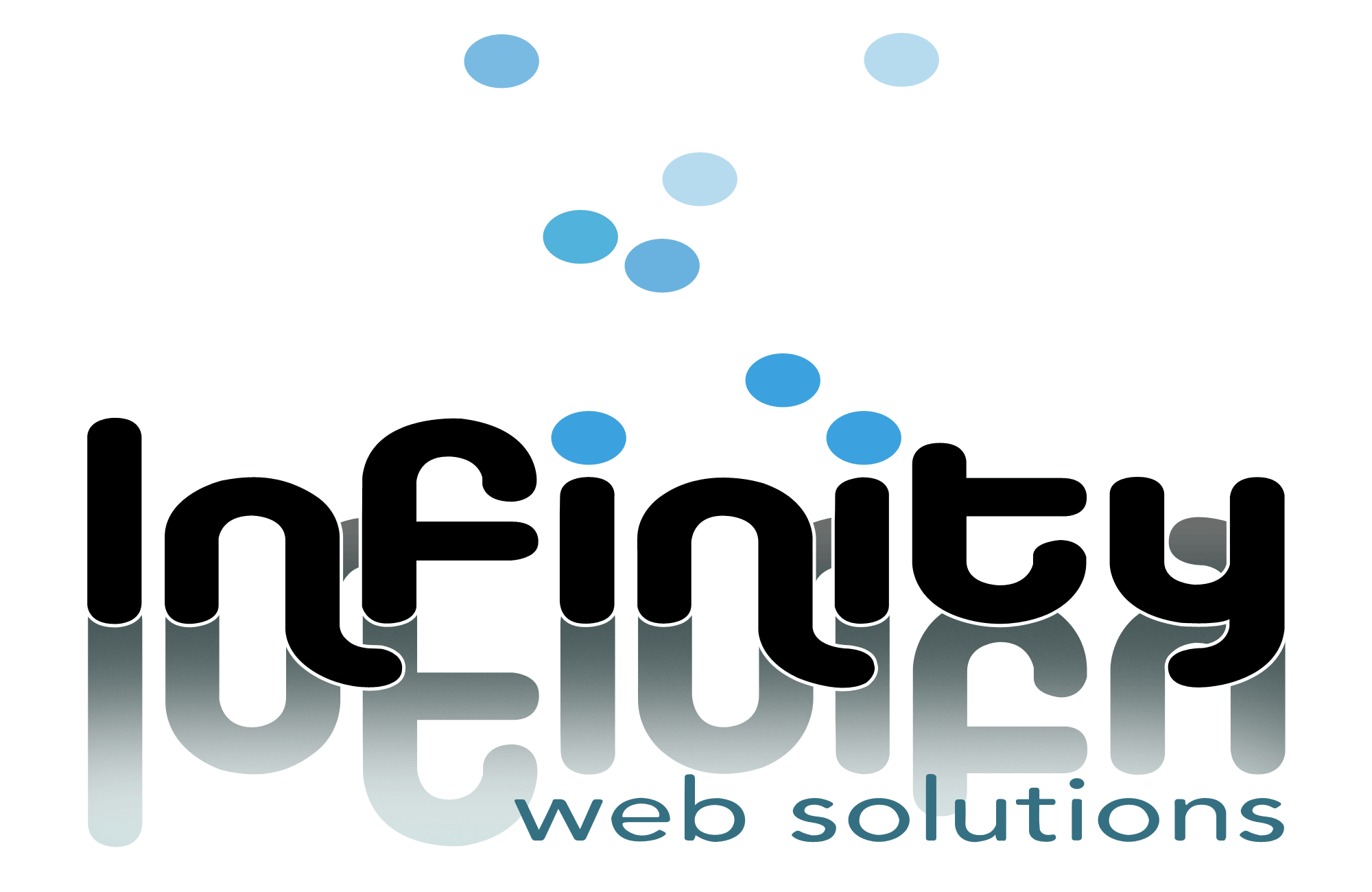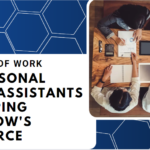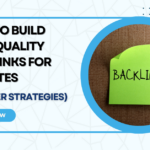We live in a time when technology and processes are constantly evolving, and the workplace is no exception. The key to remaining at the top is to constantly develop and improve your abilities. Following current trends not only keeps you relevant in your current job but also opens doors to progress and career development. However, we must first know the importance of continuous learning for career success and how it becomes essential to the career success of an individual.
Career success can mean different things to different people, but generally, it refers to achieving one’s career goals and aspirations. It can include factors such as job satisfaction, financial stability, professional growth, recognition, and achieving a work-life balance. Therefore, to achieve career success, it is essential to set clear goals and create a plan to attain them. This may involve gaining relevant skills and experience, networking, building a strong personal brand, and continuously learning and adapting to changing circumstances.
Career Success: What Does It Really Offer?
Many factors, such as your job title, work-life balance, and happiness level, influence how you define success in your career. Thus, career success is a subjective concept that means different things to different people. It involves making progress in your chosen career path, continuously learning and growing, and achieving a sense of fulfillment and satisfaction from your work. Moreover, it takes time and self-reflection to develop your personal vision for professional success, but it will allow you to steer your professional path in a satisfying direction.
It can manifest in various ways, including:
- Professional growth
This involves progressing up the career ladder, gaining more responsibilities, and achieving higher positions.
- Financial stability
Achieving a comfortable standard of living and meeting your financial goals involves earning a salary that can provide for both.
- Job satisfaction
This involves finding work that aligns with your values, interests, and skills and provides a sense of fulfillment and enjoyment.
- Recognition
Receiving recognition and appreciation from colleagues, superiors, and clients for your work is an important aspect of career success.
- Work-life balance
This involves achieving a balance between work and personal life, leading to a healthy and fulfilling lifestyle.
Remember, career success is a journey, and it requires dedication, hard work, and perseverance. It is important to set clear goals, create a plan to achieve them, and continuously learn and adapt to changing circumstances to achieve career success.
How to Define Continuous Learning?
Continuous learning is the ongoing process of acquiring new knowledge, skills, and competencies throughout one’s life and career. It involves a commitment to personal and professional growth and development and a willingness to embrace new challenges and opportunities for learning. It can take many forms, including formal education, on-the-job training, self-directed learning, and informal learning through personal interests and hobbies. The key is that it is a deliberate and intentional effort to acquire new knowledge and skills over time rather than a one-time event or activity.
What is the Importance of Continuous Learning for Career Success?
Continuous learning is essential for career success because it enables individuals to keep up with the rapidly changing demands of the workplace. Here are some of the key reasons why continuous learning is important for career success:
- Adaptability
Continuous learning helps individuals adapt to new technologies, methods, and processes, allowing them to remain competitive and relevant in the job market.
- Personal growth
It allows individuals to develop new skills and knowledge, leading to personal growth and a sense of achievement.
- Increases job performance
Continuous learning can improve job performance by enhancing productivity, efficiency, and effectiveness. Learning new skills and knowledge can improve your job performance by making you more efficient, effective, and productive.
- Career Advancement
It can open new career opportunities and help individuals advance in their careers. It ensures that your skills and knowledge remain relevant and up-to-date in a rapidly changing job market.
- Keeping up with industry trends
Lastly, it also helps individuals stay informed about industry trends, best practices, and emerging technologies.
Tips for Continuous Learning for Career Success
Here are some tips for continuous learning for career success:
- Set learning goals
Identify the areas in which you want to improve and set specific, measurable, achievable, relevant, and time-bound (SMART) goals for yourself.
- Create a learning plan
Develop a learning plan that outlines the skills, knowledge, and competencies you want to acquire and how you plan to acquire them. This can help you stay organized and focused on your learning objectives.
- Attend conferences and seminars
Attend conferences, seminars, and workshops related to your industry or field. This can help you stay up-to-date on the latest trends, technologies, and best practices.
- Take online courses
Online courses are a convenient and flexible way to learn new skills and acquire knowledge. Many online courses are available for free or at a low cost.
- Read books and industry publications
Reading books and industry publications can help you deepen your knowledge and stay updated with industry trends and best practices.
- Learn from mentors and colleagues
Seek out mentors and colleagues who have expertise in areas you want to develop and learn from them. Ask for feedback and guidance on how you can improve.
- Practice self-reflection
Take time to reflect on your learning progress and assess your strengths and weaknesses. Use this information to adjust your learning plan and identify areas where you need to focus more attention.
What Will Happen If We Don’t Prioritize Learning?
If we don’t prioritize learning, we risk becoming stagnant and falling behind in our careers. Here are some potential consequences of not prioritizing learning:
- Becoming irrelevant
If we don’t stay up-to-date with the latest trends, technologies, and best practices in our field, we risk becoming irrelevant and less competitive in the job market.
- Falling behind
If we don’t continuously improve our skills and knowledge, we risk falling behind our colleagues and competitors, who are constantly learning and growing.
- Missing out on career opportunities
Without continuous learning, we may not be prepared to take advantage of new career opportunities or promotions within our current organization.
- Decreased job performance
If we don’t continuously improve our skills and knowledge, we may struggle to keep up with job demands and perform at a high level.
- Limited personal growth
Without continuous learning, we may miss out on opportunities for personal growth and development.
In conclusion, continuous learning is a crucial component of career success. In today’s rapidly changing job market, it is essential to stay up-to-date with the latest trends, technologies, and best practices in your field. By prioritizing continuous learning, you can improve your job performance, position yourself for career advancement, and increase your earning potential.
Aim Career Success With Infinity Web Solutions!
If you want to achieve long-term career success, make continuous learning a priority with Infinity Web Solutions. Set learning goals, attend training and workshops, take online courses, read industry publications, participate in professional associations, and find a mentor. The more you invest in your own learning and development, the greater your chances of achieving your career goals and staying ahead of the competition.
Don’t wait; start prioritizing continuous learning today and take control of your career success with us!










